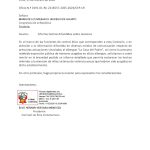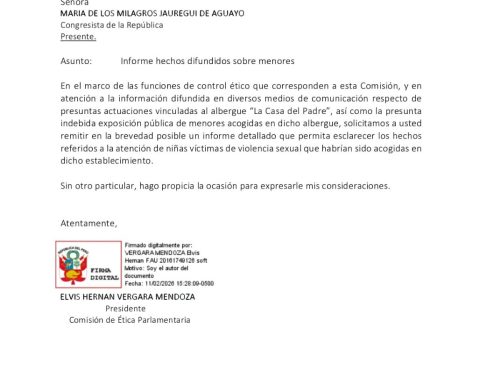For the United States, this dispute represents the defense of its corn exports to Mexico, which reached 5,386 million dollars in 2023 and show an upward trend in 2024.
According to data from the United States Department of Agriculture, between January and October 2024, corn sales to Mexico totaled 4,711 million dollars, which represents an increase of 5% compared to the same period in 2023.
In addition, Mexico is the main market to which corn exports from the United States are directed, with a share of 41%.
These figures reflect the importance of Mexico for the United States in its international sales of corn, and therefore alleges an economic impact with the Mexican measure.
The decrees and the panel
The first presidential decree of Andrés Manuel López Obrador (AMLO) was issued on December 31, 2020, and the second, which replaced it, on February 13, 2023. Both prohibit the use of transgenic corn seeds for agricultural planting.
Additionally, both decrees restrict the use of genetically modified corn in the dough and tortilla industry. However, the 2023 decree raised alarm bells in the United States, as it instructed Mexican authorities to revoke existing approvals and refrain from authorizing transgenic corn intended for human consumption.
The response from the United States Trade Representative (USTR), Katherine Tai, was immediate. In February 2023, he had a conversation with the then Secretary of Economy of Mexico, Raquel Buenrostro, who assured that the decree would have no commercial impact because American corn is mainly intended for industrial uses and as animal feed.
However, the US Congress highlighted that Mexican policies are not based on scientific evidence and warned that they could cause serious economic damage to US farmers and Mexican livestock producers by disrupting billions of dollars in agricultural trade.
Faced with growing pressure from American farmers, in March 2023 the USTR formally requested the Mexican Ministry of Economy to begin technical consultations on the decree. Although these were carried out that same month, no agreement was reached.
In June, the consultations escalated to a dispute resolution phase, held on the 29th of that month, again without success. Finally, in August 2023, the United States requested the establishment of a panel to examine Mexico’s biotechnological measures on genetically modified corn and determine whether they violated the provisions of the USMCA. In this process, Canada participated as an interested third party, and both Mexico and Canada presented their arguments during 2024.
A defeat announced
In November, Ebrard made it clear that the result given to them in October was not in favor of Mexico.
“Now they have given us the preliminary result of corn, the process is not finished yet, it will end in December, but maybe they will win it for us. But what matters is that the system is working,” he declared when talking about the functionality of the panel mechanism that was included in the T-MEC.
If the unfavorable direction for Mexico is confirmed, Ebrard commented that actions are already planned.
Businessmen point out that in these moments of tension and with the arrival of Donald Trump, the most appropriate decision for Mexico is to abide by the resolution, since otherwise they could complicate the review of the T-MEC.
In the scenario that Mexico accepts this panel ruling, it gives a signal that it wants the continuity of the T-MEC, if it decides otherwise, it gives the weapons for Trump to say that the treaty is not being complied with, says Carlos Palencia, CEO of Index.
However, President Claudia Shienbaum is not giving up on the ban on transgenic corn in Mexico, she even wants to take it to a constitutional level.














